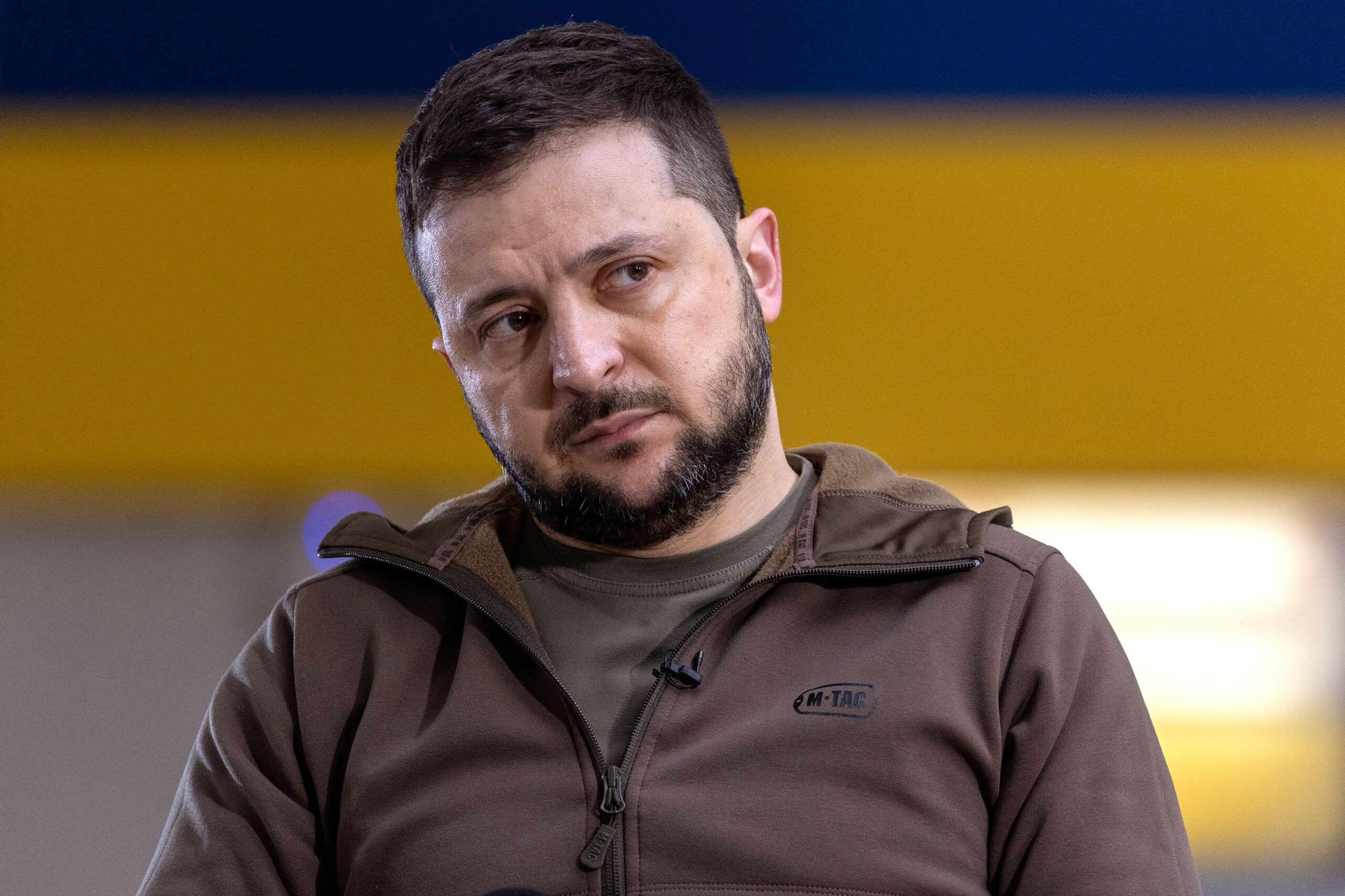In a bold and strategic step to reinforce Ukraine’s defense capabilities, a trio of transformative military laws, underscoring his ongoing role as the nation’s wartime reformer-in-chief. These newly enacted legislations address three critical domains: extending voluntary military service to citizens over 60, incentivizing military instructors, and mandating. In addition, Zelenskyy approved a separate law expanding the size and scope of the Security Service of Ukraine (SBU), highlighting his intent to optimize both the armed forces and intelligence community amidst protracted conflict with Russia.
Serving Beyond 60: Tapping into Experience
One of the most significant changes introduced under Zelenskyy’s leadership, provided they pass a medical examination and receive a commander’s written consent. The initiative is groundbreaking in its scope—it for those determined to be physically fit and mentally capable, enabling the state to draw from a deep reservoir of experience.
The law is carefully structured: eligible recruits over 60 must. Failure to meet performance expectations leads to immediate dismissal, ensuring operational effectiveness. Contracts for this age group are valid for one year during martial law and can be renewed annually, although they automatically terminate if martial law is lifted.
This reform, passed by parliament on July 16 and signed by Zelenskyy by the end of the month, is a clear acknowledgment that patriotism and professional capacity do not end with age. Instead, Zelenskyy positions these older volunteers as assets, especially for rear-line duties or roles that demand experience rather than physical endurance.
Strengthening the Instructors: A New Investment in Military Education
Another key legislative shift addresses the compensation of military instructors. Previously, additional pay was reserved only for instructors stationed at military training centers and units. Under the new law, university-level instructors—those responsible for shaping Ukraine’s future officers and specialists—are now eligible for monthly bonuses on their qualifications.
This move aligns with Zelenskyy’s broader vision of fortifying Ukraine’s military ecosystem not just on the frontlines, but also within educational institutions. By rewarding educators, the government aims to attract and retain top-tier instructors capable of imparting both tactical knowledge and moral resilience to cadets.
Mandating Military Training for Medical and Pharmacy Students
In a wartime environment where every citizen’s role in national defense matters, Zelenskyy has also endorsed a law requiring all Ukrainian medical and pharmaceutical students—who are medically and psychologically fit—to . This measure is not merely symbolic; it is a structural reform that integrates defense readiness into Ukraine’s higher education system.
The law, set to take effect from January 1, 2026, mandates the revival or creation of military training departments within medical universities. These programs will ensure that future doctors and pharmacists are not only prepared to treat battlefield injuries but also capable of defending themselves and their patients if necessary.
Zelenskyy’s emphasis on cross-disciplinary defense preparedness speaks to the changing nature of modern warfare, where non-combatant skills can directly affect survival rates and operational sustainability.


